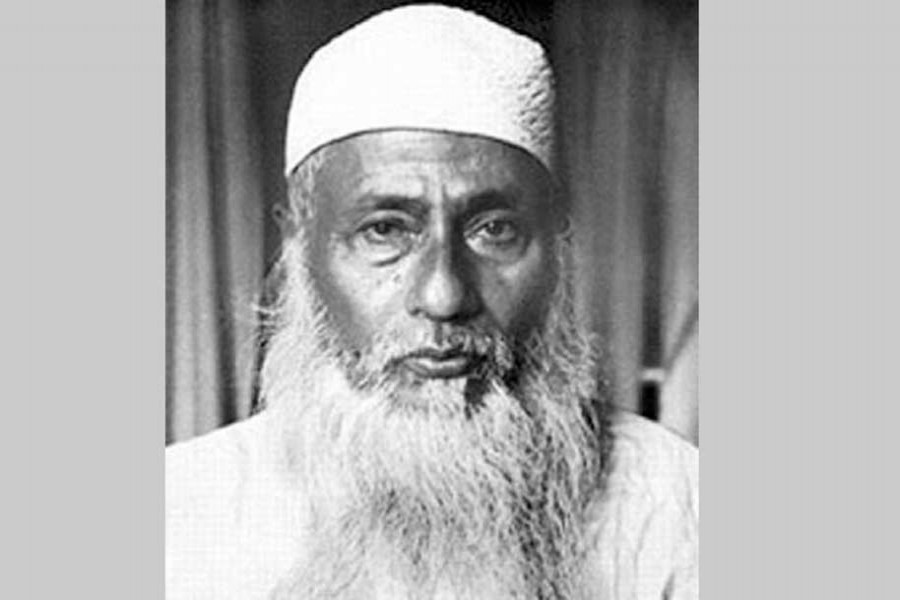
Published :
Updated :

I gained admission into Dhaka University as a first-year honours student in the Economics Department in 1957. I was a resident of SM Hall. That was a period of political instability in East Bengal.
Jukta Front had won the 1954 elections in East Bengal. The party-nominated candidates had won elections on the cusp of the wave of Mother Language Movement, protesting against the misrule of Muslim League.
Senior students told us that Huseyn Shaheed Suhrawardy, then prime minister of Pakistan, had addressed a meeting at SM Hall on December 09, 1956 where he expounded his 'zero plus zero' theory and called for support of the Constitution that was previously rejected by the Awami League. The Prime Minister's statement was criticised by Maulana Bhashani, who convened a Council Session of the Awami League at Kagmari on February 7-8, 1957. During the session, differences of opinion within the party became clear. Reasserting demand for providing full regional autonomy based on Jukta Front's 21-point charter of demands, Maulana Bhashani said that if the demands were not met, East Bengal would say 'good bye' to West Pakistan. He also demanded cancellation of all military pacts.
Soon, Bhashani resigned from the Awami League and formed Pakistan National Awami Party (NAP) on July 26, 1957 in a workers conference in Dhaka. From 1957-61, Bhashani's party mostly demanded regional autonomy, neutral foreign policy, movement against 'Anglo-American' imperialism and socio-economic emancipation of the masses. These were topics of discussion amongst friends at Dhaka University campus at the time.
In 1966, all political parties wholeheartedly supported the 'Six Point Demand' put forward by Sheikh Mujibur Rahman. The demands were similar to NAP's demand for autonomy. This led to the emergence of sovereign Bangladesh following the liberation war in 1971. Following liberation, Bhashani raised constitutional opposition against the ruling party to mitigate sufferings of the people in the true spirit of democracy.
Bhashani passed away at the age of 95 years on November 17, 1976. More than four decades later, the 11th Parliamentary election of Bangladesh is now knocking at the door. Many people are dreaming of better days for the country and economy through an effective parliament around next year.
Hopefully, while building on the legacy of Maulana Bhashani, the elected Members of Parliament would solve issues affecting the masses including inequity in distribution of income and unemployment.
Muhammad Quamrul Islam is an economist, advocate and social activist


 For all latest news, follow The Financial Express Google News channel.
For all latest news, follow The Financial Express Google News channel.